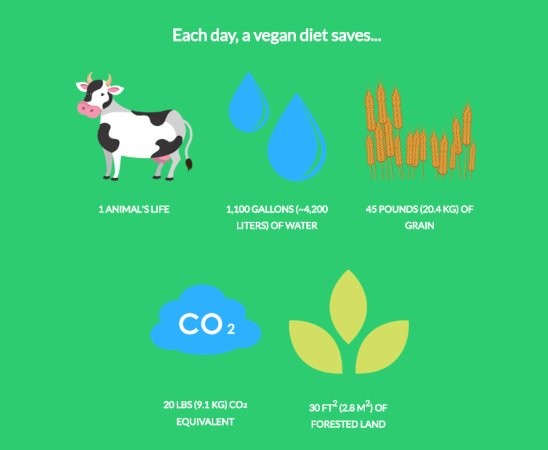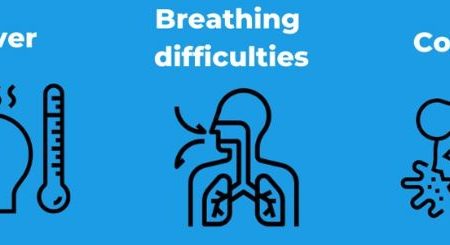By Neera Kuckreja Sohoni
April saw the Biden administration’s controversial climate plan pushed into limelight. While the intricacies of deploying coal versus sunlight to warm our hearts and hearths, and their impact on global warming, are best left to disputing experts and forums, to the vegetarians among us, the plan proposed by Biden seems to have hit a home run.
Representative Alexandria Ocasio-Cortez (AOC)’s dire prediction of the world coming to its dismal end within the next dozen or so years sounded nutty enough to skeptics. But it was her claim of cattle causing unacceptable levels of pollution through their farts and feces that drove them up the wall.
Republicans along with red-meat eaters and baiters quickly jumped in with howls of protest that President Joe Biden was taking away their meat as arbitrarily as his malintent to deprive them of their guns. Daily Mail of the UK used the inflammatory headline: “How Biden’s climate plan could limit you to eat just one burger a MONTH.” The Republican firebrand Rep Marjorie Taylor Greene dramatically dubbed Biden “The Hamburglar”!!
Meanwhile, we vegetarians were delighted as we could for the first time sense the exciting comings of a plant eating world!
Climate advocates based on their understanding of science seem to have concluded that to limit greenhouse gas emissions associated with industrial agriculture, Americans need to cut down on eating hamburgers. (I prefer to call them beef burgers to quell the doubt in anyone’s mind that the burger in America contains beef and not ham, or mutton as in India. This has helped many Hindu nonvegetarians from accidentally crossing the line mandating the cow’s sanctity).
Climate experts increasingly are urging restraint on meat production and consumption. In a recent paper in the reputed journal ‘Science’, the authors claim that food-related emissions alone put the Paris climate agreement’s warming target of 1.5 degrees Celsius out of reach. The most effective way to address these emissions they conclude is a global shift away from meat consumption.
Animal agriculture undoubtedly requires clearing vast amounts of land, leading to deforestation and climate warming. Mass animal feeding and rearing sites functioning in closely packed animal herd cages cause horrific conditions not just for the animals but also for the environment by intensifying the methane emissions from what are referred to as massive ‘feces lagoons.’ Hence the conclusion put forth by many that to keep climate degradation to manageable levels, the world needs to alter the way it produces and consumes animal products.
In the same vein, a University of Michigan paper speculating on how much hypothetical diet changes could reduce American climate emissions concludes that the US could achieve a 51 percent reduction in food-related emissions simply by reducing beef consumption by 90 percent, and of all other animal-based foods by 50 percent.
While there is no certainty that the above findings will dictate Biden’s climate policy, as vegetarians we can celebrate – in the words of the famously well-liked Beatles song – ‘the Dawning of the Age of Aquarius’.
A brief recap on the why and what of vegetarianism. The word vegetarian is a compound of vegetable (adjective) and the suffix -arian (as in agrarian). According to Wikipedia, the first written use of the term “vegetarian” appeared in the West in the early 19th century when authors referred to a vegetable regimen diet. The term was popularized with the foundation of the Vegetarian Society in Manchester in 1847.
But vegetarianism figured in Indian culture and psyche long before the west came upon the concept. Writing in the 4th-5th century before Christ (BCE), the Chinese scholar Fa-Hein on his visit to India wrote, “India is a strange country. People do not kill any living creatures, do not keep pigs and fowl, and do not sell live cattle”.
Parshvanatha, the second last Jain Tirthankara, and Mahavira, the last Tirthankara, advocated ahimsa towards all living beings. Their stringent form of vegetarianism found wide acceptance and continues to this day among Jainism’s followers.
The Aryan economy and society which from the earliest of times deeply valued animal life, also gave India a generally benign, animal friendly, and meat eschewing culture and heritage. That explains the high extent of vegetarianism throughout history and in contemporary India.
Debates over the ethics of meat eating have been at the core of culture wars all over the world and throughout history. Religions have played their part in these wars by upholding the sacredness and purity of some animals while condemning the impurity of others. Thus pig is taboo to Muslims and cow to Hindus. Goat slaughter itself is deemed to be pure or impure, taboo or not, depending on the manner in which the animal is slaughtered – in one coup or ‘Jhatka’ by Sikhs – and slowly taking time as ‘Halaal’ by Muslims. Others such as Jews have tabooed mixing meat with dairy in the same meal service. I was once advised to stay with black coffee absent milk or cream on a long kosher El Al flight.
That there would be economic, environmental or other reasons justifying such forms of prescribed and proscribed dietary patterns is a fair conjecture.
Mahatma Gandhi, in line with his tendency to test various tenets of Hinduism and other faiths and eager in his younger impressionable years to imbibe westernism, experimented with meat eating but remorsefully concluded that was not for him. Believing the mighty British were stronger because they ate meat, he had felt tempted to try a few bites of mutton but he was unable to live it down. “Every time I dropped off to sleep,” he recalled, “it would seem as though a live goat were bleating inside me, and I would jump up full of remorse.” Fully converted, his orthodox vegetarianism in fact extended to his refusal to drink cow’s milk as an affront to the cow’s sacredness.
Gandhian dietary concerns went way beyond religion and taboos, as he increasingly took to experimenting with health and nutritional diet as interdependent and correlates of human endurance and longevity. Observers of Gandhi in fact admire him for his foresight in “anticipating so many of today’s dietary preoccupations – from veganism and whole grains, to raw food and fasting”.
“Eliminating salt and sugar from his diet, foraging for wild greens and making his own almond milk,” Nico Slate points out in his 2019 essay, “Gandhi seemed more like a poster-child for foodies now than the radical anticolonial activist I had studied as a child”.
“But as I delved deeper into the history of Gandhi’s relationship with food”, Slate continues, “I realized that his diet was intimately connected to his politics. For Gandhi, eating ethically meant more than avoiding certain foods; it meant connecting what we eat to the struggle against injustice and inequality”.
Perhaps the green planet scientists of today are only following Gandhi’s example when they link global warming to meat eating and other inhumane practices that threaten our planet and its animal and human inhabitants.













